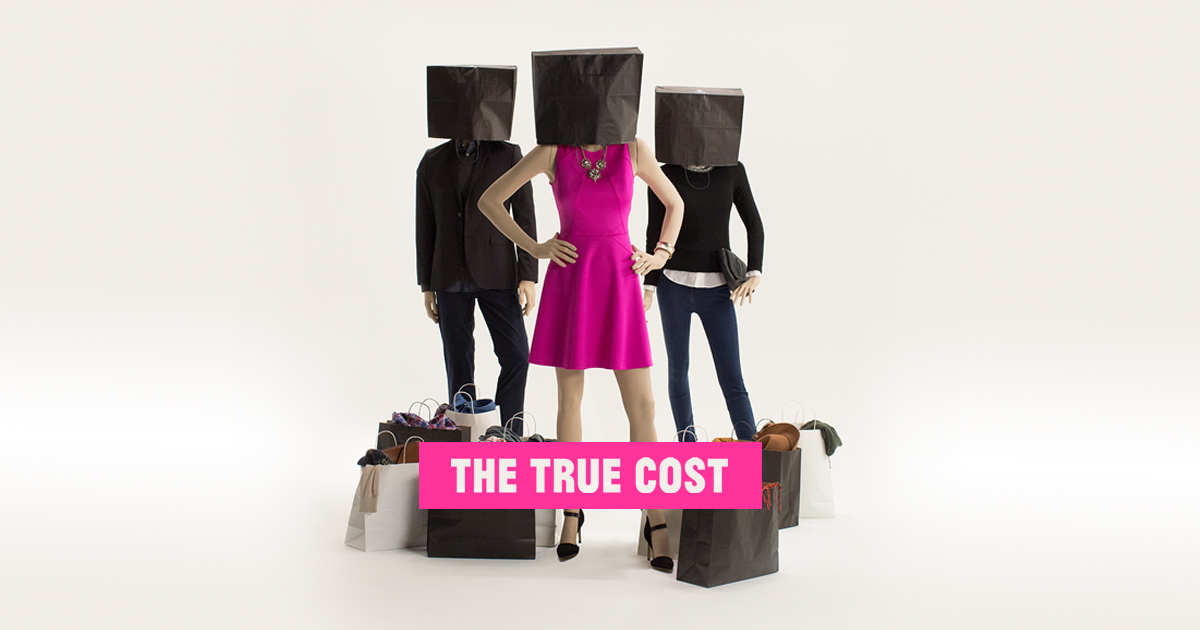Watching this film changed everything, from my personal life to my business. It was shocking to watch! It made me realise how much fashion plays a huge part in ruining the Earth, as well as the lives of people involved within the fashion industry. From people that live near factories, that leak out chemicals into the water supply, slave labour from children, to people working every hour of the day for little to no money, fashion has ruined people lives. Consumers should to be aware of this!
In the documentary it revisits the horror that was the collapse of the Rana Plaza building in 2013, bringing fashion factory workers health and safety to the forefront of the news around the world.
People buy into fast fashion so easily without considering the impact. Designers & brands used to only produce 2 collections a year, now it’s 52, a collection out each week of the year, it just shows how bad fast fashion has got.
Ask yourself a few questions when you next go shopping: How can this t-shirt only cost £5? How was the fabric grown and produced? Where was the the garment produced? Who made the garment? Are they getting paid fairly? What is the carbon footprint of this item? The most important question is Can I make a difference?
After watching the documentary it made me realise that I can make a difference, being a fashion designer. I can make changes for the better. Showing consumers that you can have luxury contemporary fashion that is also ethically made and sustainably produced. I am hoping other businesses realise that they can make a change for the better.
_____________________________________________________________________________
Is it difficult to become a fully sustainable business? Yes it is but it was the best thing we ever did. Everything is a learning curve, we are always trying new ideas and improving to make things better.
We were already using end of roll fabrics, these fabrics would otherwise end up as landfill waste, and we were producing garments in house, but we knew we could do more.
Zero waste is also a move we wanted to do for a while, by using fabric in the most economical way. Also rather then only recycling the fabric waste, we are now recycling everything from patten paper, card, and branding materials. If we are outsourcing a product we make sure the business has the same ethics as us, and rather them then discarding the waste, we ask them to send it to us for us to reuses or recycle, we do this so we are fully knowledgeable of where the waste ends up.
We are aiming to be be a transparent business. What we mean by that is if a customer asks where were their garments produced & where the fabric was made, we want to be able to answer that question confidently. Currently all our organic fabrics are all fully traceable. We at ZARAMIA AVA have also since gone vegan to have the least carbon footprint as we can. Going vegan as a business makes you question everything from the fabrics to the dyes, prints and packaging.
Read our Ethos here www.ZaraMiaAva.com/Ethos
Links:
A film by Andrew Morgan
https://truecostmovie.com/






